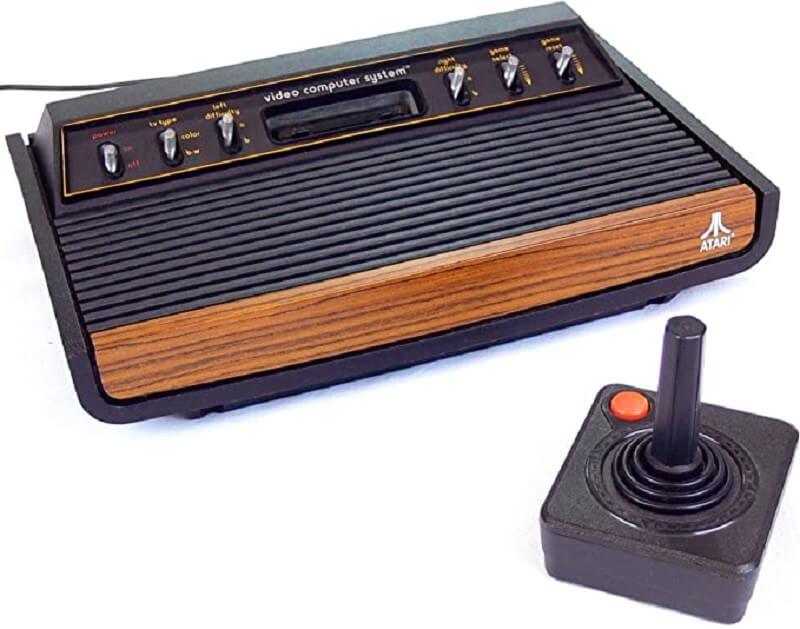The History of Gaming in NZ
Playing games of chance and skill is one of the favorite hobbies of New Zealanders. A report published by IGEA in 2016 shows that 67% of the population plays video games. Moreover, the player population does not consist of teenagers and children. The average age of the players is 34, and every New Zealander spends an average of 88 minutes per day playing.
Similarly, game development is a very popular industry in New Zealand. If you're a PC player, you've heard of “Path of Exile”. The developer of this game is Grinding Gear Games, a New Zealand based company.
In 2011 alone, New Zealanders spent an impressive amount of time on free slots for fun. 43% of this figure was spent in slot games known as “pokies”. The rest was used in lotto, sports betting, and other casino games. In other words, if there's one thing that New Zealanders like more than video games, it's gambling: they're especially fond of video slot machines.
How It All Started: The Early Years
So how did this all start? It is possible to say that New Zealand's gaming history began in the 1830s. We know that European immigrants played billiards, cards, and dice games for nearly 30 years. In the 1860s, Chinese gold miners brought games specific to their culture, such as “pakapoo” and “fantan”. But the games of chance were not the only thing the New Zealanders liked.
There are multiple reports about betting for the whale-hunting ship races, starting from the early 1840s. And while the ships were on the sea, racing, their sailors performed various shows on the beach (such as feats of strength), and it was possible to bet on them too. In the 1880s, New Zealanders started to bet for horse racing. In fact, they invented a very impressive thing for these races. Even in the 19th century, automatic machines known as “totalitors” were used for horse racing bets. So, you didn't have to find a real bookmaker and give him your money. Instead, you put your money on these machines and get a ticket in return. And if you win the bet, the payout was also done by the same machines.
The fun lasted until 1910, but this year, the NZ government declared all games of chance and sports betting illegal. Of course, this didn't solve any problems. Bets and games of chance were just moved underground and started to be controlled by organized crime. After World War II, the government, which needed a source of income, had to legalize sports betting to a limited extent. By the 1970s, casino games were still forbidden and legal sports betting was quite limited, but the New Zealanders had a new toy to play: the Atari 2600.

Game Consoles and Legalization of Gambling
To tell the truth, the game consoles were very uncommon in those years and very popular all over the world. The country, however, was almost isolated from the rest of the world in the 70s and had limited options for entertainment. Therefore, New Zealanders showed a special interest in game consoles. The '70s and '80s were an era when early console and PC games (such as Amiga 500) were played in almost every home in the country.
However, there was a problem: Most console releases could not enter the country legally due to licensing problems. In those years, game developers had focused on the European and American markets, and the vast majority could not even show New Zealand on the map. This problem was solved in a very simple way. New Zealanders started manufacturing their own sets and consoles. In this respect, we can say that the “Sportronic” brand has a special historical significance. New Zealanders manufactured this console to play a famous Atari 2600 game called “Pong”, and it was able to run four different types of Pong games. Sportronic was also a TV brand, and the console was sold as an accessory to this TV, so it quickly reached very high sales figures. People who were children in the late 70s still remember the Sportronic brand today. And since importing them was a problem, New Zealanders developed their own Atari games too. For example, Andrew Bradfield has developed “Laser Hawk” in 1986, a game for the Atari 8 console, and has reached impressive sales numbers.
In 1989, the government legalized casinos, and New Zealanders suddenly had numerous options for gaming. Slot machines (pokies) have also become the most popular casino game in the same year. In every casino opened, players formed lines in front of these machines, just to spin the reels a couple of times. As a result, the number of pokies continued to increase by an average of 10% each year. For example, we know that in 2009 there were a total of 19,479 slot machines and 1,501 venues in the country. For some reason, New Zealanders love to play slots.
But they continue to play (and develop) console and PC games too. In fact, the Media Design School in Auckland is pretty famous for its training. The majority of the Grinding Gear Games team were students of this school. Almost all of the independent game developers in the country trained in this school and offered the world lots of famous titles. “Reverie”, for example, which is a famous action-adventure game for Nintendo Switch, is developed by Rainbite, a graduate of the Media Design School. Just like Screenshock Games, which developed Hexate, Barn Bandits, and Feral Blades. The future of gaming in New Zealand is bright and promising. This country loves gaming, whether they are skill or chance-based, and offers lots of opportunities for developers.




Leave a Reply